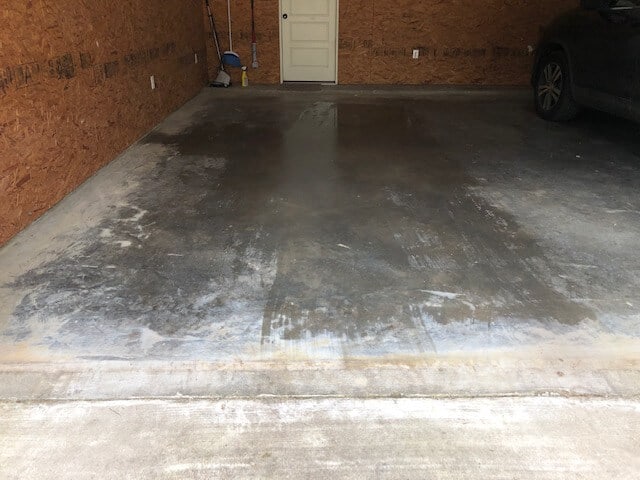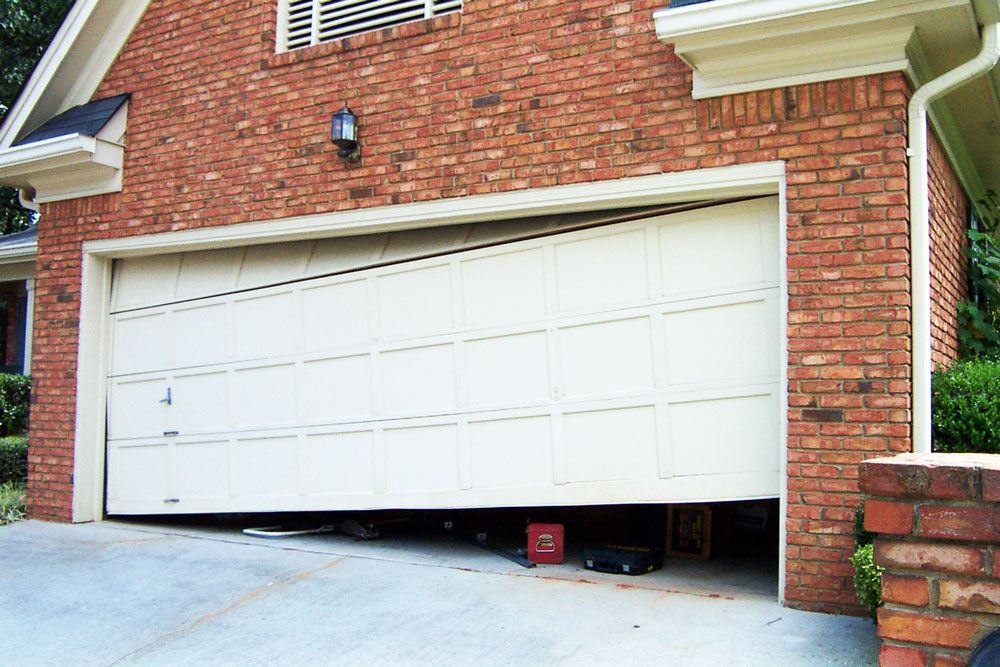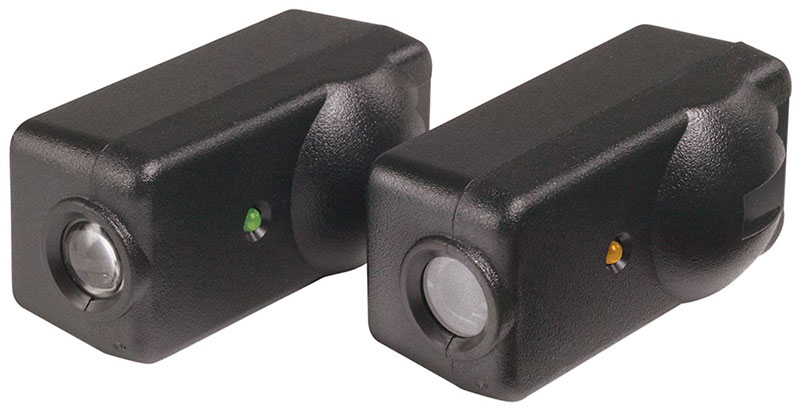How to Deal with Garage Door Condensation
Every homeowner who has a garage, especially those who live in areas that experience harsh winters, knows that condensation can be a serious issue. Garage condensation can lead to the development of mildew and mold, it can damage the contents of your garage and your garage door (something you shouldn’t ignore), and it can eventually lead to other more serious issues with your home.
Fortunately, there are a number of simple ways to fend off condensation in your garage by reinforcing your garage door, the primary way in which water vapor finds its way in. Just take a look at this quick and easy guide to managing garage door condensation and you’ll have your garage as safe and dry as the rest of your home in no time.

If you’re preparing to winterize your garage door, consider adding these tips to your checklist. Condensation is at its worst during the winter months and in early spring.
Seal the Perimeter
Condensation occurs when a cold surface comes into contact with moisture-rich air, like droplets of water forming on a cool beverage in the summertime. Sealing the perimeter of your garage door will prevent that moisture-rich air from finding its way to the cold surfaces in your garage and creating unwanted condensation.
High quality side door and floor door seals not only prevent moisture-rich air from getting into your garage, they can also prevent water from rain and melted snow from seeping in and causing condensation issues. For floor seals, go with rubber over aluminum, as rubber forms a more airtight seal, and aluminum conducts more heat which can lead to condensation.
Insulate Your Garage Door
There are many benefits to having an insulated garage door. Insulation can help keep your garage’s temperature above the dew point, which prevents condensation. Some garage doors come insulated when you buy them, but if you’ve already purchased yours, you can still install the insulation yourself. It’s especially important to make sure the joints in between each section of your garage door are insulated, as that’s where the most heat escapes from.
Open Your Garage Door Regularly
It may sound counterproductive, but occasionally leaving your garage door open for a while to allow cold air to circulate can help reduce the humidity in your garage and prevent condensation. In certain circumstances, you may prefer a dehumidifier which can take the moisture out of the air without the need for opening the door.


